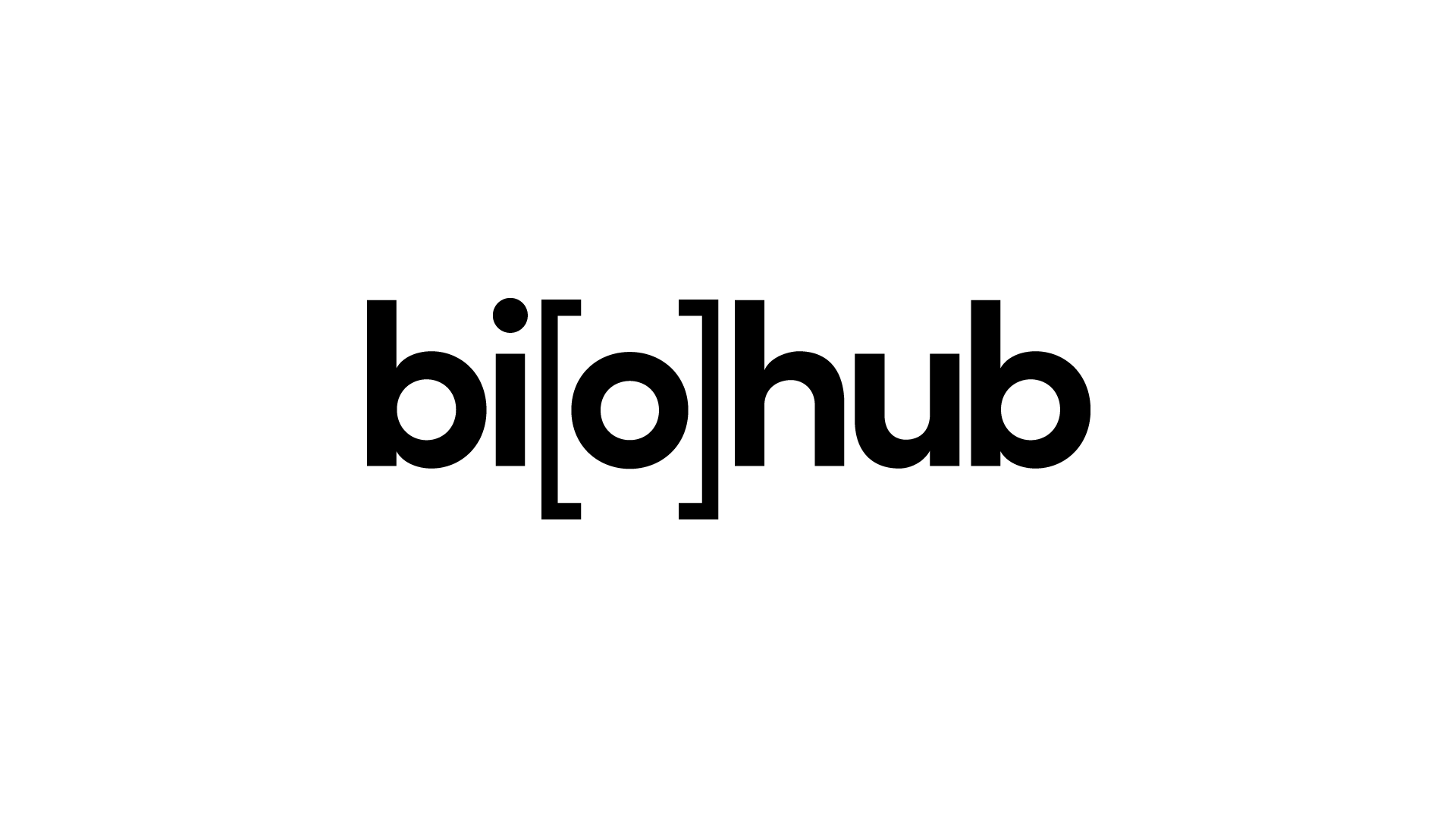ENGINEERED ACE2 RECEPTOR TRAPS TO BLOCK SARS-COV-2 INFECTION
Researchers at UCSF and the Chan Zuckerberg Biohub have developed a set of ACE2 variants which potently block SAR-CoV-2 infection in cells.
SARS-CoV-2 is the stain of coronavirus that causes COVID-19. This virus is characterized by spike proteins on its surface, which mediate infection by binding to host cell receptor protein angiotensin-converting enzyme II (ACE2). To date, few antiviral therapeutic agents have demonstrated clinical efficacy in treating COVID-19. Therefore, the is an urgent need for additional pharmaceutical agents to treat COVID-19.
Stage of Research
The inventors have developed a set of affinity optimized and enzymatically inactivated ACE2 variants that potently block SARS-CoV-2 infection in cells. The inventors used computational design, affinity maturation and fusion to Fc dimerization domains to engineer ACE2 “receptor traps.” These receptor traps are soluble variants of the ACE2 extracellular domain that bind tightly to the receptor binding domain (RBD) of the viral Spike protein and prevent viral entry into host cells. The inventors demonstrate the use of an optimized ACE2 receptor trap to neutralize SARS-CoV-2-pseudotyped lentivirus and authentic SAR-CoV-2 virus.
Applications
- SARS-CoV-2 antiviral therapeutic
Advantages
- Receptor traps neutralize SARS-CoV-2 as effectively as high-affinity antibodies isolated from convalescent patients
- ACE2 receptor traps have large binding interfaces and block the entire receptor binding interface, limiting the potential impact of viral escape mutations
- Receptor traps can be predesigned for viruses with known entry receptors
Stage of Development
Research – in vitro
Publications
Glasgow A, Glasgow J, Limonta D, et al. Engineered ACE2 receptor traps potently neutralize SARS-CoV-2. Proc Natl Acad Sci US. 2020. Doi: 10.1073/pnas/2016093117
Related Web Links
https://pharm.ucsf.edu/wells
Keywords
Affinity reagent, Biomolecules, yeast particle display, therapeutic
Technology Reference
Chan Zuckerberg CZB-174F, UCSF SF2020-251

